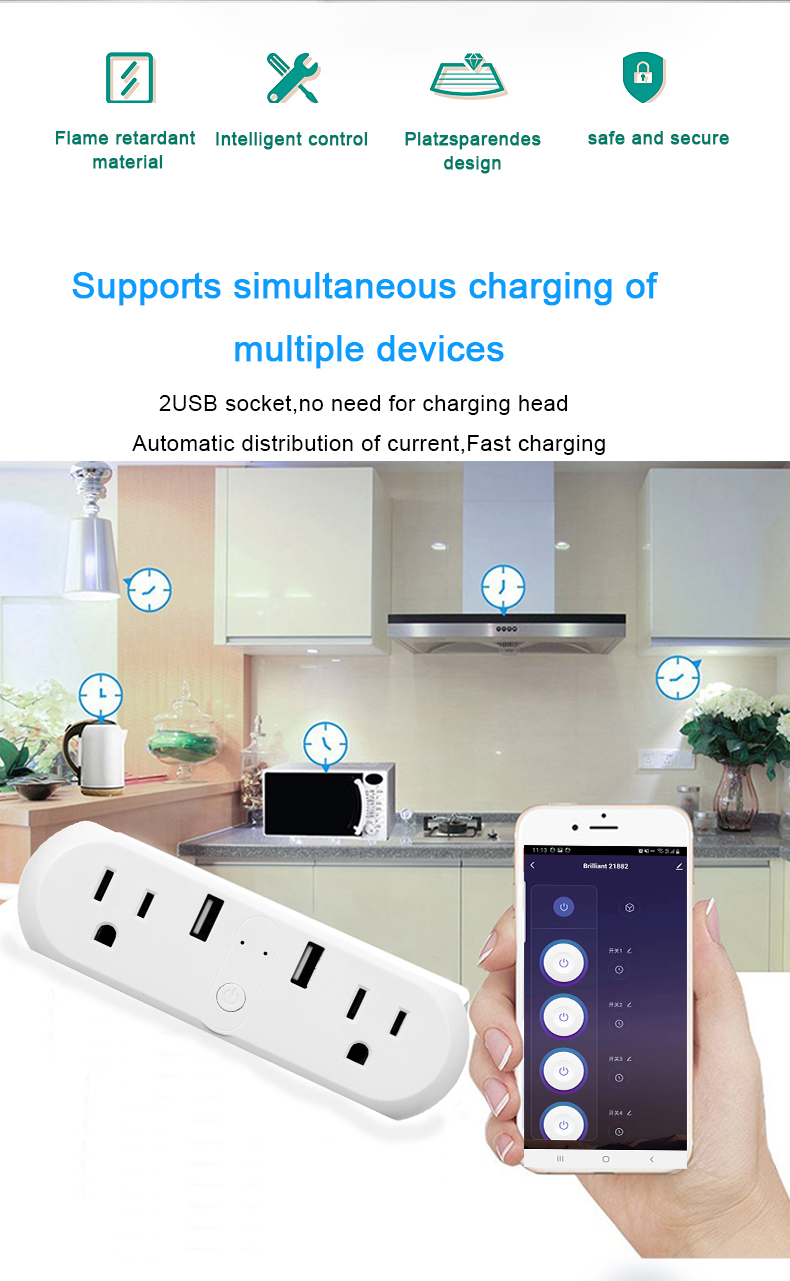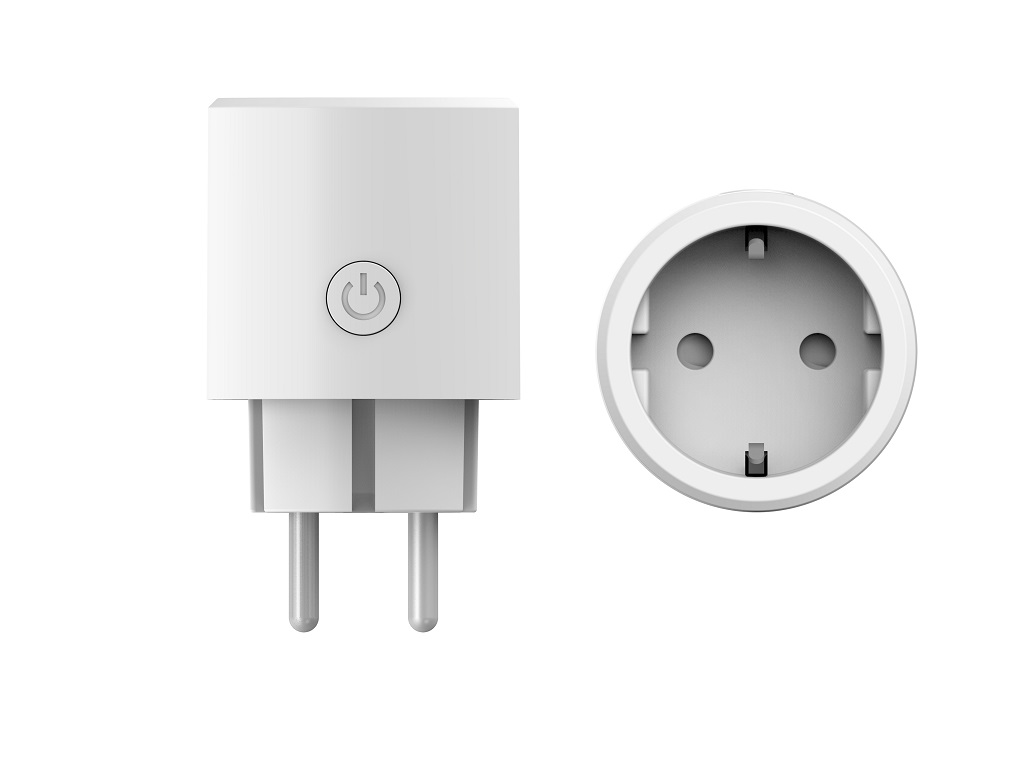Posted on November 29, 2023 by Jenny www.simatoper.com
In the rapidly advancing landscape of smart home technology, the question arises: Are smart sockets still an essential category in smart homes? As we navigate the intricate web of interconnected devices that define the modern home, the role of smart sockets continues to evolve, offering both convenience and efficiency.
Smart sockets, or intelligent outlets, have long been heralded as a cornerstone of home automation. Enabling users to remotely control and monitor their plugged-in devices through smartphone apps or voice-activated assistants, these devices have promised a new level of convenience and energy management. However, with the proliferation of integrated smart devices and the rise of sophisticated home automation systems, the relevance of smart sockets has come under scrutiny.

- One of the enduring advantages of smart sockets is their retrofit capability. Homeowners can easily upgrade their existing infrastructure without the need for extensive rewiring or investment in new smart appliances. This flexibility has allowed smart sockets to maintain their relevance in an ever-changing market. Moreover, the ability to schedule and automate the operation of devices plugged into these sockets continues to appeal to consumers seeking to streamline their daily routines.
In terms of energy efficiency, smart sockets contribute significantly to the overarching goal of creating sustainable and eco-friendly homes. By providing real-time energy consumption data and the ability to remotely turn off devices, users can make informed decisions to reduce their carbon footprint. This aligns with the growing emphasis on environmentally conscious living and positions smart sockets as valuable tools for those looking to contribute to a greener future.

Another factor that adds to the enduring appeal of smart sockets is their affordability compared to more sophisticated smart home solutions. For consumers who are just beginning to explore the realm of home automation, these devices offer a cost-effective entry point. As smart home ecosystems continue to expand, the integration of smart sockets becomes a stepping stone for individuals to gradually build their interconnected living spaces.
However, challenges persist. The seamless integration of devices within smart homes often requires interoperability standards that not all smart sockets adhere to. Compatibility issues can arise, hindering the cohesive functioning of an interconnected ecosystem. Industry leaders are actively addressing this concern, with ongoing efforts to standardize communication protocols and ensure a more harmonious smart home experience.

In conclusion, while the landscape of smart homes is continually evolving, smart sockets retain their status as an essential category. Their adaptability, cost-effectiveness, and contribution to energy efficiency position them as valuable components in the broader tapestry of home automation. As technology continues to advance, smart sockets are likely to remain a key element in the journey toward fully integrated and intelligent living spaces.
Post time: Nov-29-2023